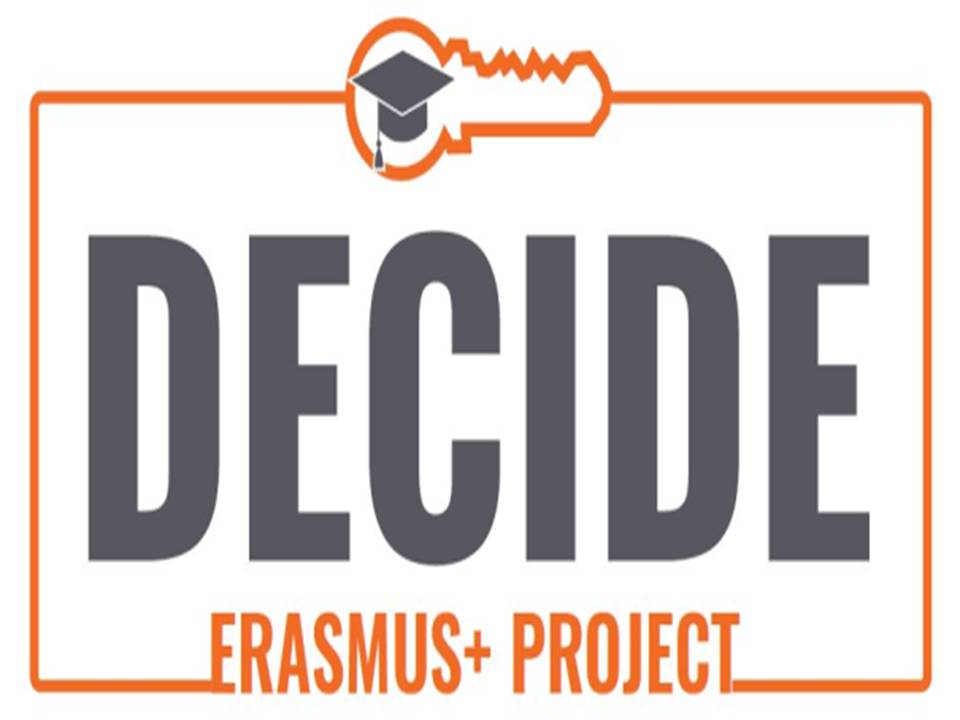Why does the consortium wish to undertake this project?
The consortium wished to engage in this project because it recognizes the problems and specific needs of the Central Asian partner countries in the area of inclusion; in particular, relating to persons with disabilities. Prior to the submission of this application, the EU partners ascertained information through a SWOT analysis and meetings with university partners and, in particular, with the review of Information Surveys.
Rationale for the setting-up of the consortium
The collective experience of the consortium was set in the frame of fostering the rights of individuals with special needs to access education, enjoy the right of participation in everyday society and to combat discrimination by instilling awareness and acceptance in society as in line with Bologna Process and the UN Convention on the Rights of Persons with Disabilities. It fosters both sustainable institutional educational access and the an all party Action Group.
DECIDE represents a new theme in social inclusion. It is required by the global needs and international policy, according to the European demands and legislation and with international recommendations, according to the strategy of UN Convention on the Rights of Persons with Disabilities (UN, 2006) and in national laws which define the priorities and objectives of public policy, and special needs education.
Aims and objectives
The specific objectives of the project is the Three Strand Implementation of a comprehensive sustainable curriculum for Teacher Trainer Educators and Lecturers (Universities), secondly for Government & State Employee & Policymakers, and thirdly, for NGO in the PC’S. This will foster the right of individuals with special needs to access education, enjoy the right of participation in everyday society and to combat discrimination by instilling awareness and acceptance in society as in line with Bologna Process and the UN Convention on the Rights of Persons with Disabilities. This in turn facilitates the creation of the Access Liasion Officer role at each institution to promote disability access, and the National Special Needs Awareness Day focus via the nationally strategic Action Groups comprised of universities, public administration institutes, Ministries and NGOs.
The plan is to develop training programmes supported by ECTS modules (both hard copy in script form and online on project website platform) and embed in curricula in university, training of Civil Servants from various relevant Governmental Bodies and in special needs NGOs to ensure maximum transfer effect to society at large.
Budget and cost effectiveness
UTBV will undertake activities to ensure sound financial management of the DECIDE project and will perform the duties of authorising officer and coordinator of the project.
With its significant experience of implementing other projects simultaneously across multiple institutions involving large budgets, Tempus experience and its international standing in the area of Access and Disability issues, UTBV will lead and champion the project ensuring that PC countries reap the maximum benefit of the grant by ensuring the presence of project structures and the realisation of project objectives.
Quality control and Monitoring
The quality control and monitoring process will be guaranteed through the supervisory project board representing the EU partners and coordinating partners from the PCs.
Expected impact of the project
DECIDE will promote and develop access to inclusive education, to social integration and to non-discrimination treatment of those with special needs in education in accordance with Bologna Process and UN criteria in the PCs by fostering regional integration and cooperation across different regions of the world through joint initiatives, sharing of good practices and cooperation and improve the level of competences and skills in HEIs by developing new and innovative education programmes.
After the project we can see that the modules and seminars have been formally adopted via the signing ceremony of University Rectors and NGO and Government Department Directors and the formal integration of the Modules into the university curricula and the NGO and Government educational programmes.
Sustainability
The project fulfils one of the main goals of PCs state policy in the area of Social development of the society.
Modules
- English for Specific Purposes
- Marketing – Introduction to Theory and Practice
- Use the Library
- Access Liaison Officer Trainee Programme Module
- Meeting Needs – Cognition and Learning
- Meeting Needs – Communication and Interaction
- Meeting Needs – Physical and Sensory Needs
- Meeting Needs – Social, Emotional and Behavioural Difficulties
Through implementation of the eight DECIDE Introductory and Advanced Curriculum modules, the project will foster regional integration and cooperation across different regions of these Central Asian countries.This will be achieved through joint initiatives, sharing of good practices and cooperation to improve the level of competencies and skills in HEIs and Society by developing these new and innovative education programmes.
The project working group of the Al-Farabi Kazakh National University, together with regional partners, acts as one of the developers of 2 and 4 project modules.

